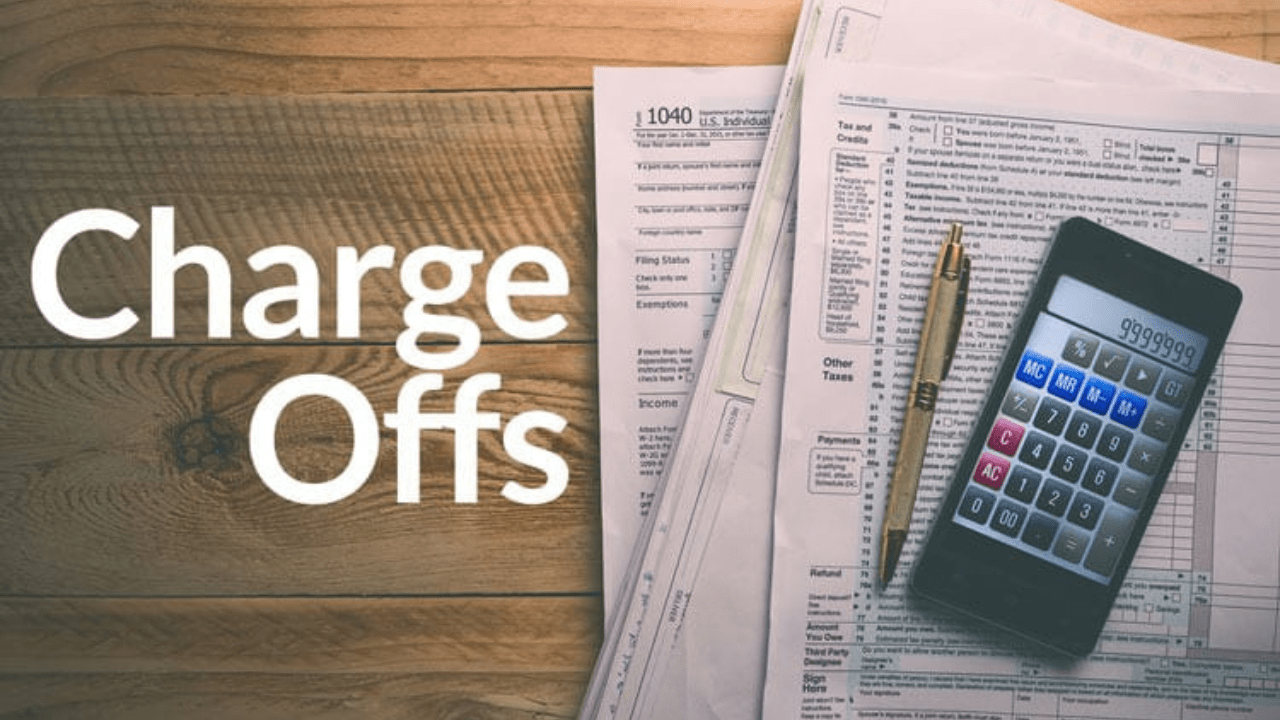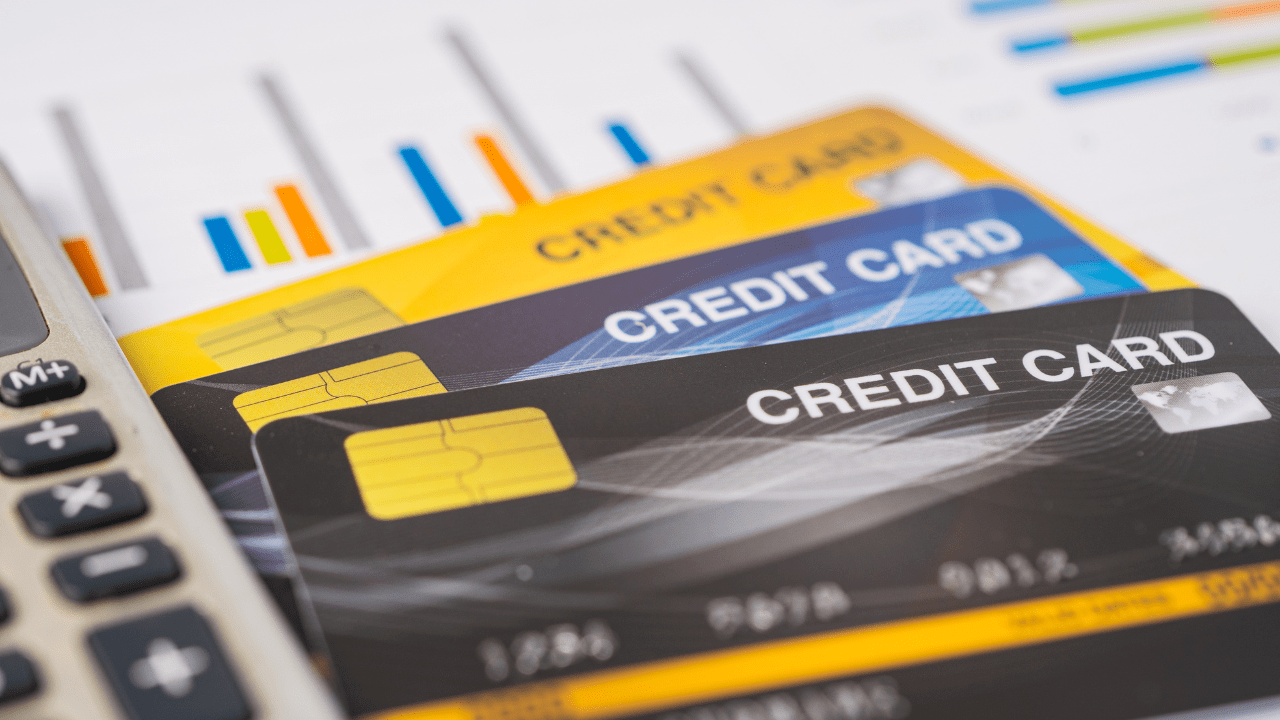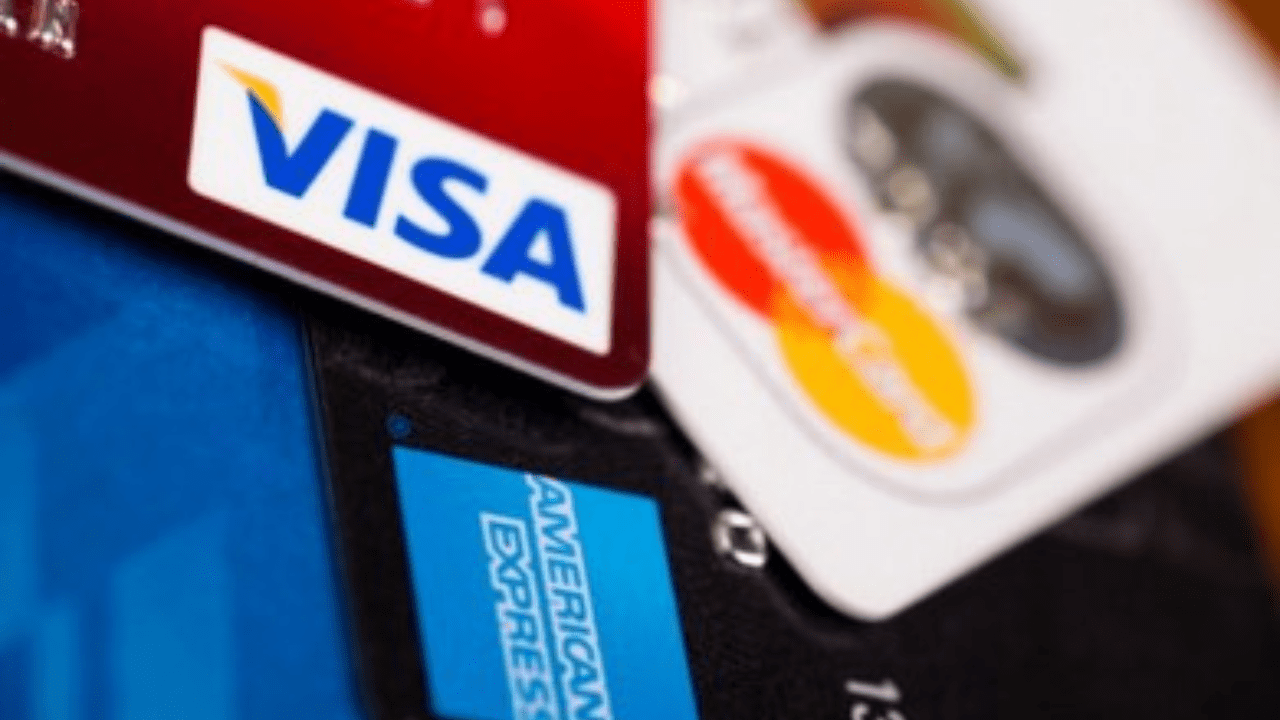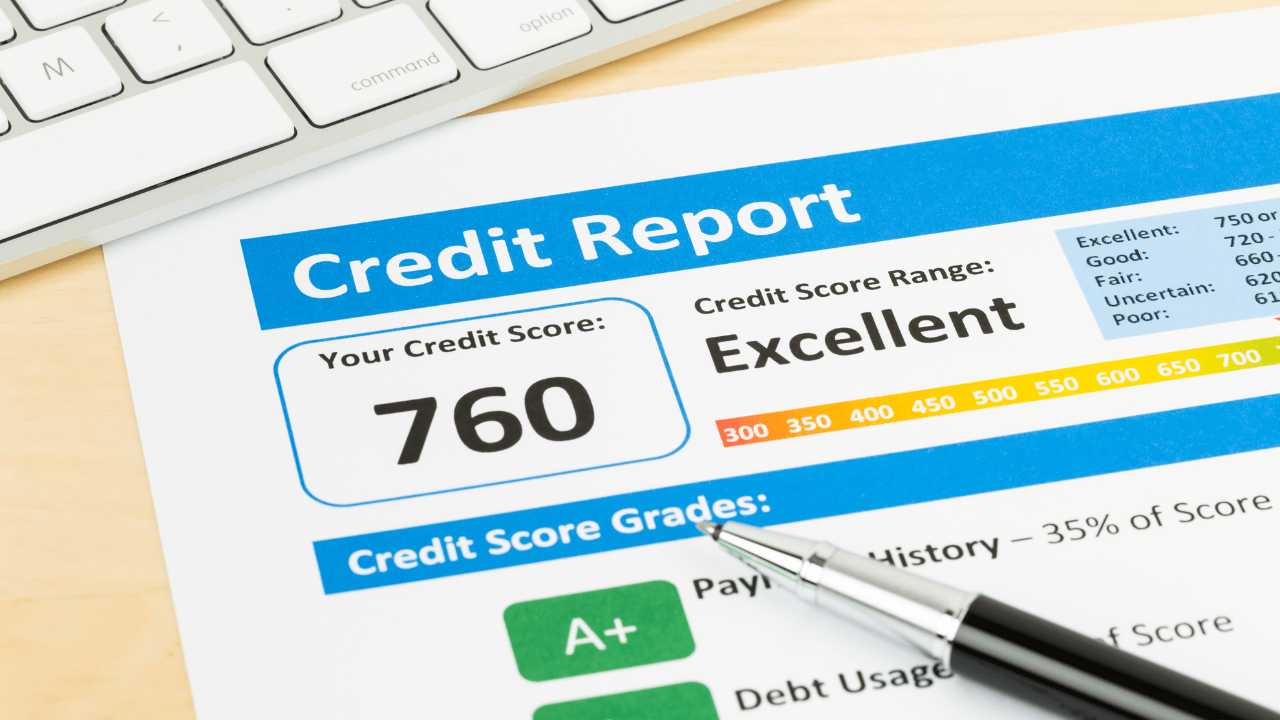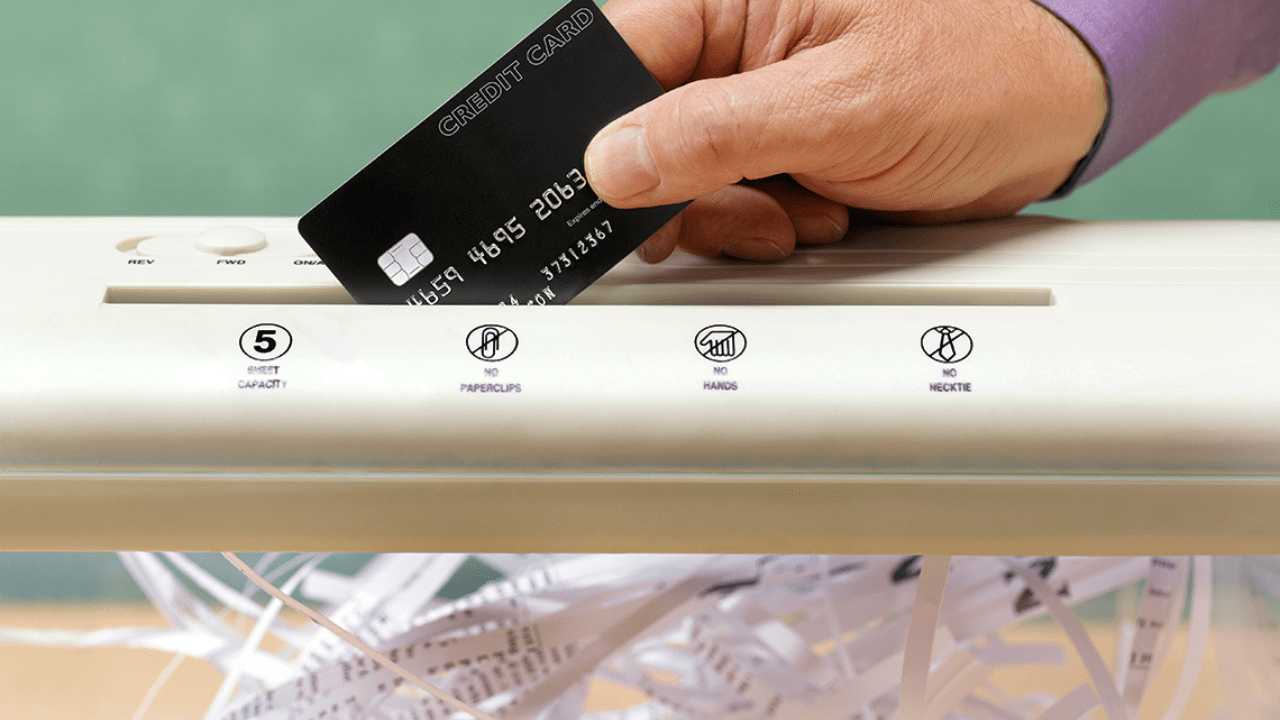How to Handle a Dispute with a Credit Reporting Agency :
Navigating a dispute with a credit reporting agency can be challenging, but in this guide, we’ll provide step-by-step insights into resolving discrepancies on your credit report effectively, empowering you to take control of your financial reputation.
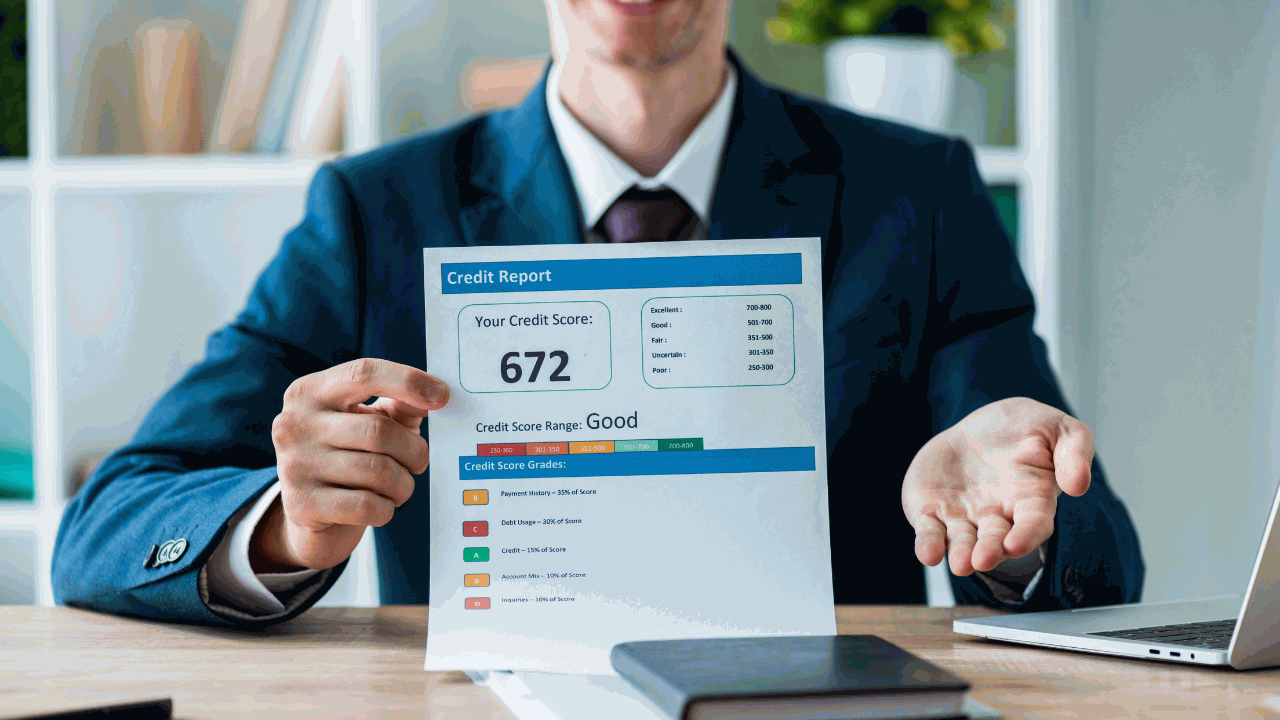
Review Your Credit Report:
Thoroughly examine your credit report to identify inaccuracies or errors, ensuring your financial history is accurately represented.
Gather Evidence:
Collect evidence that supports your dispute, such as billing statements or correspondence, to build a strong case for credit report accuracy.
Contact the Credit Reporting Agency :
Initiate the dispute by reaching out to the credit reporting agency, the first crucial step in rectifying any inaccuracies on your report. You’re taking control of your financial narrative.
Draft a Dispute Letter :
Create a clear and concise dispute letter outlining the inaccuracies. This written communication is your formal presentation of the discrepancies you’ve identified.
Follow Up:
Consistent follow-up with the credit reporting agency is essential for prompt issue resolution. Your proactive approach ensures timely attention to your concerns.
Escalate if Necessary :
If your dispute isn’t resolved, consider escalating it through legal channels. Exploring legal avenues becomes crucial if initial dispute attempts yield unsatisfactory results.
Send Supporting Documents :
Attach the gathered evidence to your dispute letter for reference. Providing a comprehensive package of documentation strengthens your case.
Your Path to Financial Clarity :
Gain a comprehensive understanding of the credit report dispute process, from identifying errors to successfully resolving discrepancies.
Conclusion
Effective communication with a credit reporting agency is essential to rectify errors and maintain an accurate credit history. By taking proactive steps and providing compelling evidence, you can navigate credit report disputes successfully, ensuring your financial reputation is faithfully represented. Your diligence in this process can lead to a more secure financial future.




